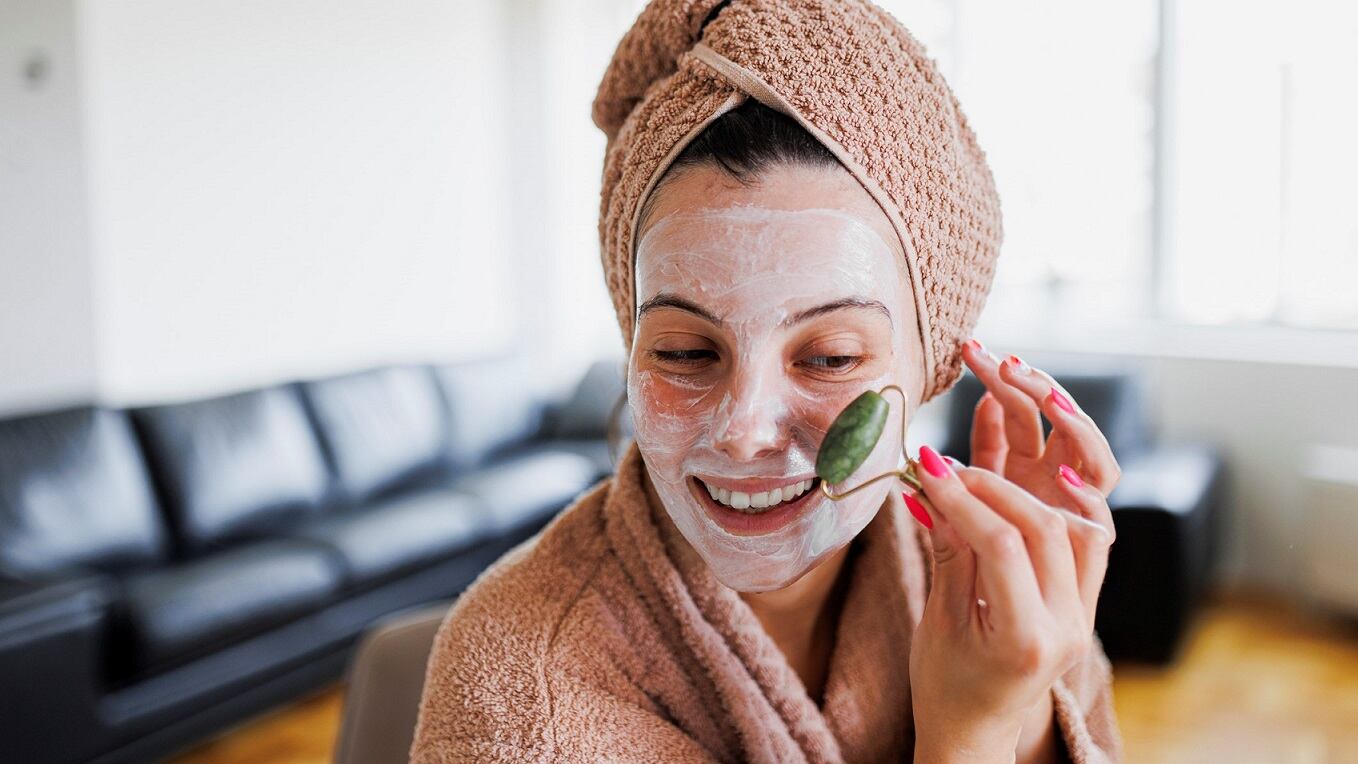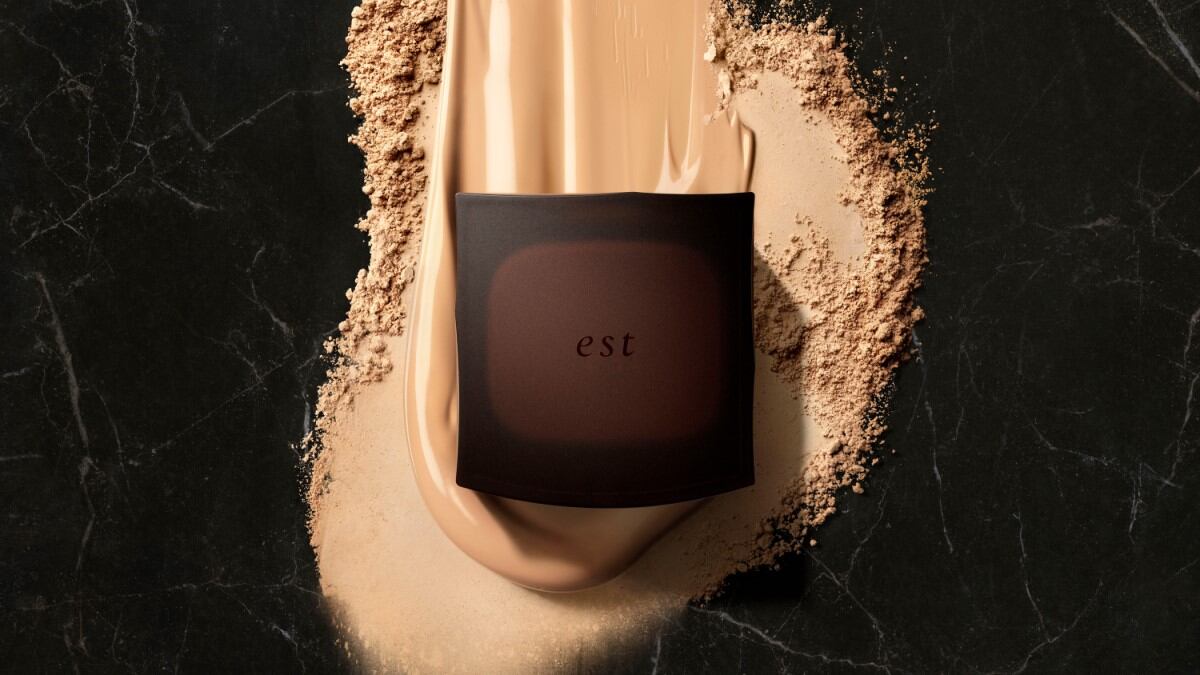Jade is a natural mineral that is valued across Asia and is used in jewellery and ornaments. The use of jade as a skin care ingredient has also been documented in ancient Chinese medical texts.
According to the study, published in the International Journal of Cosmetic Science, jade was used to treat a variety of skin and health concerns.
“According to the Compendium of Materia Medica, which is the classic herbology volume of Traditional Chinese Medicine, the effects of jade include heat-clearing, detoxification, and moisturisation, as well as the promotion of muscle growth, activation of blood flow, relief of obstruction in the collaterals, vision improvement, and mind refreshment.”
Today, jade is most commonly used as a material for facial massage rollers. But researchers believe jade has not be “adequately harnessed”.
“Studies have shown that jade contains a variety of elements that are beneficial to the skin, including calcium, magnesium, silicon, zinc, and sodium. Jade shares similarities with bioactive ceramics and, therefore, may exert anti-inflammatory and reparative effects on skin.”
Jade as a cosmetic ingredient
For this study, the researchers used assembled activated jade material and natural jade material. According to the researchers, its tests showed the safety of the assembled activated jade material was slightly higher than that of the natural jade material.
“However, both materials exhibited good safety and satisfied the national biological safety requirements for medical repair and care products.”
Human skin fibroblasts were used as model cells to conduct cytotoxicity experiments in vitro, and the effects on the expression of inflammatory factors and growth factor-related genes in fibroblasts were explored.
Thirty women aged 18 to 55 with sensitive skin were recruited for this study. They were instructed to apply a mask containing jade extract three times a week for two weeks.
Using a polymerase chain reaction (PCR) test, it measured the gene expressions of inflammatory cytokines in human dermal fibroblasts, the team confirmed the anti-inflammatory effects of both jade extracts.
It noted that the assembled activated jade material was superior to that of the natural jade material.
The jade extracts also significantly increased the gene expressions of epidermal growth factors, fibroblast growth factors, and COL1A1 in fibroblasts.
“This may be attributed to the high bioactivities of active ions such as silicon, magnesium and calcium,” the research hypothesised.
Overall, the study showed an increase in skin hydration and a decreased rate of transepidermal water loss (TEWL) and lactic acid sting test scores. Improved skin smoothness and radiance was also observed.
“This shows that the use of facial masks containing jade extracts has the effect of sensitive skin repaired.”
The team believes its findings show that further research on jade as a cosmetic ingredient are needed.
“The limitations of clinical study included the short study period and lacked a control group. In the future, it is necessary to further prolong the observation period and set control group to compare with the study group.
“The results of this study contribute a novel approach for further research on jade materials and are indicative of the potential of jade materials for the development of raw materials for medical repair and care products. Furthermore, the test results of participants with sensitive skin after using the mask containing jade extracts demonstrated that it had the ability to repair.”





